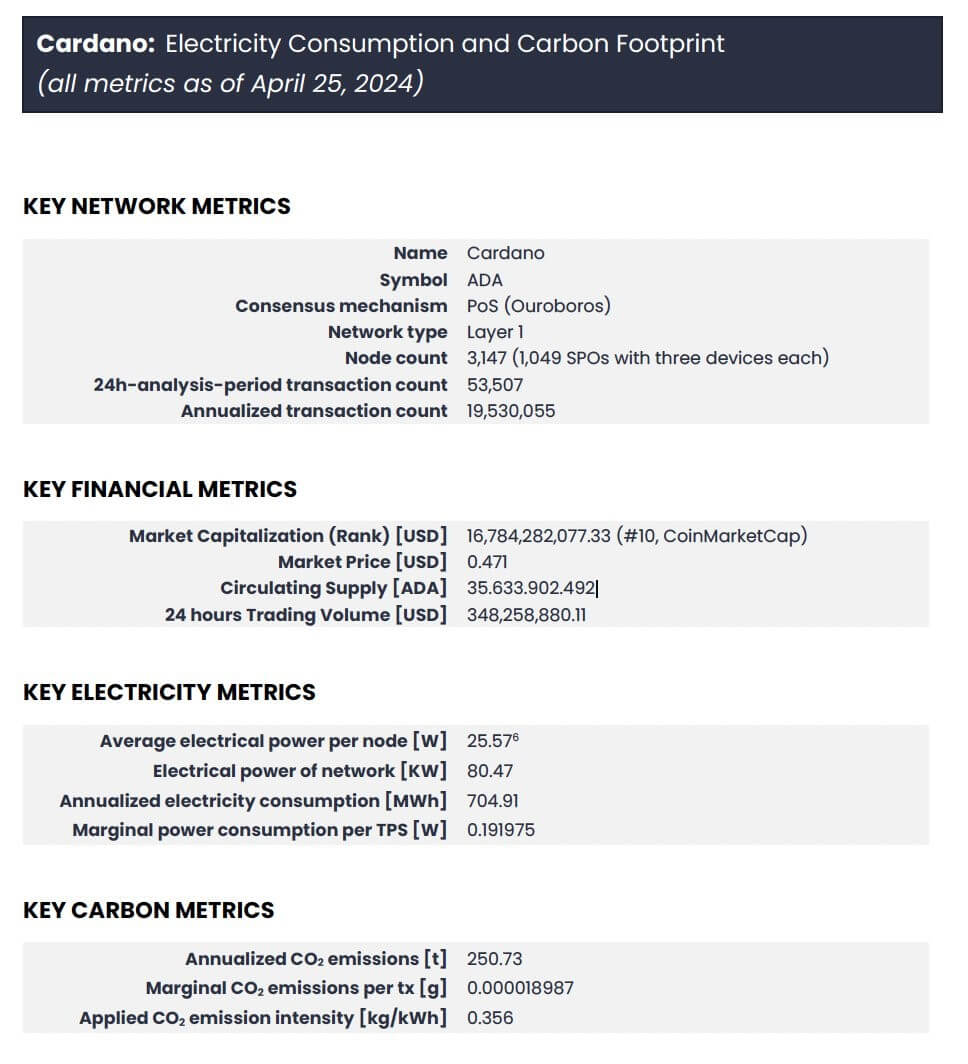Bitcoin halving could ‘indirectly’ affect cryptocurrency regulation
The additional scrutiny around the Bitcoin (BTC) halving event could have an indirect effect on its future regulation.
This is according to Natalia Latka, policy director and regulatory affairs at blockchain analysis firm Merkle Science.
“While there is no direct impact on regulations or regulators’ approach, the economic and market dynamics influenced by halving events could indirectly affect regulatory considerations, especially in areas related to market stability and investor protection,” Latka told Cointelegraph.
The halving and the approval of spot Bitcoin exchange-traded funds (ETFs) by the United States Securities and Exchange Commission (SEC) in January are helping to fuel a Bitcoin bull run, making crypto hard to ignore.
Should Bitcoin also become more volatile during this period of increased interest and mainstream media coverage — a not altogether unlikely scenario — regulators could feel inspired to consider action.
Latka went on to outline a further scenario that could lead to increased regulatory scrutiny.
“The Bitcoin halving could also impact energy consumption,” said Latka. “With rewards for mining reduced, less efficient miners could be pushed out of the market, potentially leading to a concentration of mining activities among larger players and a concentration of geographies.”
Latka adds, “This might attract regulatory scrutiny regarding the environmental impact of PoW [proof-of-work], leading to regulations focused on sustainability.”
Further clarity is required in the United States
Cointelegraph spoke with Andrew Balthazor, a litigator with legal firm Holland & Knight, to better understand the current regulatory framework in the United States.
According to Balthazor, U.S. law remains unclear on Bitcoin and cryptocurrency at large.
Recent: Bitcoin halving supply shock set to shake up mining sector
“I think there’s still some clarity in terms of what constitutes a security transaction in the United States, although there’s a general agreement that Bitcoin probably isn’t. We still don’t have a definitive statement one way or the other on even Bitcoin or Ether, or any cryptocurrency for that matter,” Balthazor said.
Frustratingly, when courts have ruled on cryptocurrency, those courts tend not to be high enough to be binding across the union.
“We don’t tend to have a lot of court adjudications saying definitively this token is a security in all circumstances. So, we have some conflicting lower court decisions, which in the U.S. aren’t binding on other courts. So that’s the issue.”
Without clear guidance from the SEC or the courts, the U.S. finds itself in a situation referred to as “regulation through enforcement,” where the bounds of lawful behavior are measured through enforcement action.
Latka said, “The absence of clear, upfront guidelines means businesses often find themselves navigating a regulatory minefield, uncertain if their operations comply with current or future interpretations of laws.”
Balthazor’s experience shows that the situation has a real impact on businesses that want to and are trying to do the right thing:
“I have clients who are frustrated and uncertain about whether their projects might be treated as securities, paying attorneys to negotiate for years.”
Balthazor said this is only possible for companies with “deep pockets,” adding that he would like to see some mechanism put in place so that corporations and the SEC could deal with each other more transparently.
“It would be great to have a more formal process where the SEC could say, ‘Here are our concerns about your project. We think it’s too much like a security for these reasons,’” said Balthazor.
A moving target for U.K. businesses
In the United Kingdom, the Financial Conduct Authority (FCA) deals with crypto asset regulation, bringing forward rules that, in instances such as the approval of crypto investment products, have been well-received, and in others, such as the introduction of “positive frictions” for U.K. customers of centralized exchanges, have been widely rebuked.
Latka explained how the U.K.’s regulation philosophy and implementation create confusion.
“The U.K.’s approach to regulating crypto assets has been to retrofit existing regulations in a phased manner. This method involves gradually implementing these retrofitted regulations, requiring businesses in the crypto space to constantly adjust to an evolving regulatory landscape,” Latka said.
The approach taken by the FCA means that corporations must always keep one eye on compliance matters as they continue to shift and change.
Latka said, “This ongoing adaptation process can lead to substantial costs and operational inefficiencies for these businesses, alongside a significant degree of legal uncertainty. The challenge arises when regulations designed for traditional financial systems are applied to the rapidly evolving crypto sector.”

In March CryptoUK — the U.K. trade association for crypto — welcomed the FCA’s approval of crypto exchange-traded notes (ETNs). ETNs are similar to ETFs but exclude retail investors.
CryptoUK asked the FCA to reconsider its position, adding, “We will continue to advocate for a reconsideration of the existing bans on access to appropriate financial investments for retail investors.”
Commentators, including Latka, believe that criticism of the broader regulator landscape in the U.K. is widely true.
Latka said, “There is a conspicuous discrepancy between the growing interest from the public in crypto assets and the regulatory measures in place, highlighting a significant misalignment that requires urgent attention.”
Europe takes a different approach
In Europe, where regulators have introduced bespoke regulation for cryptocurrencies, the chances of the Bitcoin halving making an impact seem more remote.
Recent: Bitcoin returns “too significant to ignore” for world’s retirement plans
The European Union’s Markets in Crypto-Assets Regulation (MiCA) was introduced in 2023, providing a far more comprehensive regulatory framework than the U.K. and a more crypto-tailored solution than in the United States.
However, even here, Latka said that “further clarifications” are still required, as well as “the development of technical guidelines, particularly concerning MiCA’s interaction with existing EU financial regulations and directives.”
So, even in the EU, just a few days out from Bitcoin’s halving, its potential to influence the regulator’s thinking remains.


